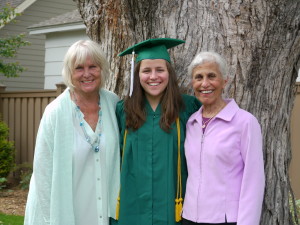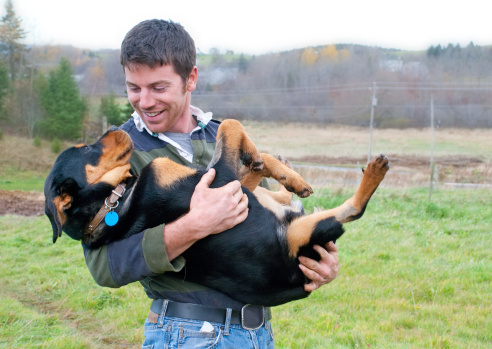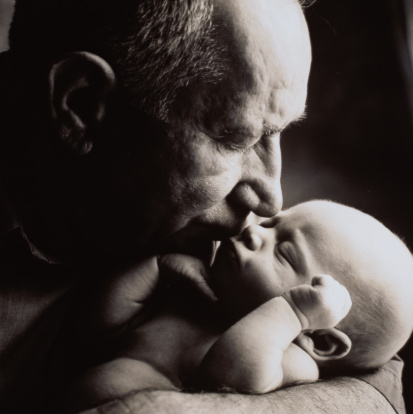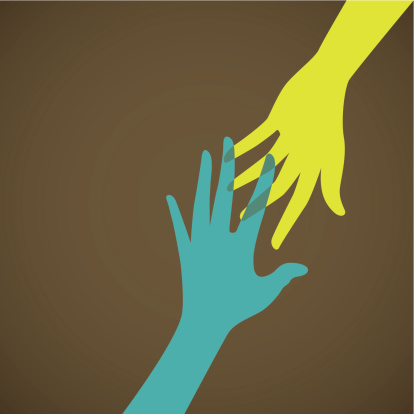
I recently attended a symposium about divorce entitled, “What’s Love Got to Do With It?” At first glance you might wonder whether we had anything to talk about. What do love and divorce have in common? Isn’t divorce the result of the loss of love? Sharing ideas with others interested in improving the divorce process reinforced my belief that love, forgiveness and compassion are the keys to divorcing well, and that divorce can indeed be a healing process.
Divorce is an all-too-common event these days. We all have friends, family members, neighbors and co-workers who have experienced becoming
unmarried. Some just barely survive and are stuck looking back at their divorce with regret and resentment. Years later they continue to bad-mouth their ex and blame their divorce for their ongoing unhappiness. Their inability to be present and available has long-term consequences for their children as well.
Most of us also know people who not only survive, but thrive in their post-divorce lives. They are somehow able to accept the major changes in their day-to-day lives and move forward. By doing so, they are healthy role models for their children and fun to be around. What accounts for these vastly different outcomes?
Personality certainly has something to do with it. Some humans are blessed with more optimistic outlooks than others. Seeing the glass half full reduces anxiety about the future. Life circumstances also play a role. Good health, steady employment, and a healthy balance sheet contribute to feeling better about what lies ahead. However, several decades of experience tells me that one factor trumps everything else in terms of one’s ability to recover from divorce … the ability to forgive.
Anger, bitterness, blame and resentment are feelings associated with the loss of a loving relationship. Grieving the loss is necessary in order to get on with life. Tara Brach, a leading western teacher of Buddhist meditation, emotional healing and spiritual awakening, who was a symposium presenter, says, “Vengeance is a lazy form of grief.” Rather than being lazy and stuck, working through one’s grief with a therapist, clergy person, or trusted friend can lead to understanding and forgiveness. Acknowledgment and forgiveness of one’s own contributions to the divorce are essential, as is forgiveness of the other person.
In the
Collaborative divorce process, our
professional team includes a neutral coach and a child specialist, both of whom assist the parties in reaching closure with regard to their marriage and defining their future co-parenting relationship.
“When you forgive somebody who has wronged you, you’re spared the dismal corrosion of bitterness and wounded pride. For both parties, forgiveness means the freedom again to be at peace inside their own skins and to be glad in each others’ presence.”
-Fredrick Buechner
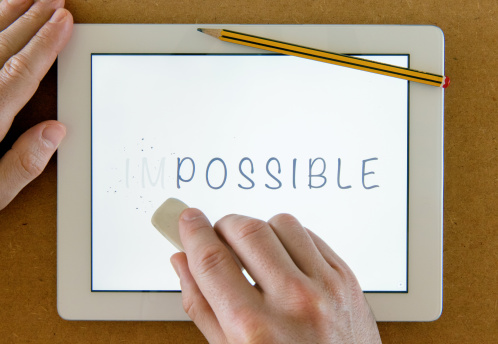 I find that what my clients want most is to return to a happy, peaceful life. Divorce is a place of upheaval with many unknowns. Will my kids be okay? Where will I live? Will I be able to make ends meet? Will I ever be able to retire? These questions and more interfere with the normal rhythms of life. The fear and anxiety of not knowing the answers cause distraction at work and sleeplessness at night. How can peace of mind be restored?
A good place to start is the practice of acceptance. By acceptance I mean merely acknowledging what is, without judgment or wanting it to be different … without resistance. Whenever you find yourself feeling a negative emotion such as anger or frustration, it is likely you are resisting an external circumstance … wishing that something or someone were different. While it is natural for human beings to resist the unpleasant, a lot of time and energy can be spent trying to control external circumstances beyond our control. Acceptance is merely acknowledging those circumstances and allowing what is in life to be as it is, without judging it as good or bad, or wanting it to be different. Practicing acceptance can help you let go of the pain, stress, anger and anxiety that inevitably accompany divorce.
Here are a few reminders:
I find that what my clients want most is to return to a happy, peaceful life. Divorce is a place of upheaval with many unknowns. Will my kids be okay? Where will I live? Will I be able to make ends meet? Will I ever be able to retire? These questions and more interfere with the normal rhythms of life. The fear and anxiety of not knowing the answers cause distraction at work and sleeplessness at night. How can peace of mind be restored?
A good place to start is the practice of acceptance. By acceptance I mean merely acknowledging what is, without judgment or wanting it to be different … without resistance. Whenever you find yourself feeling a negative emotion such as anger or frustration, it is likely you are resisting an external circumstance … wishing that something or someone were different. While it is natural for human beings to resist the unpleasant, a lot of time and energy can be spent trying to control external circumstances beyond our control. Acceptance is merely acknowledging those circumstances and allowing what is in life to be as it is, without judging it as good or bad, or wanting it to be different. Practicing acceptance can help you let go of the pain, stress, anger and anxiety that inevitably accompany divorce.
Here are a few reminders:




